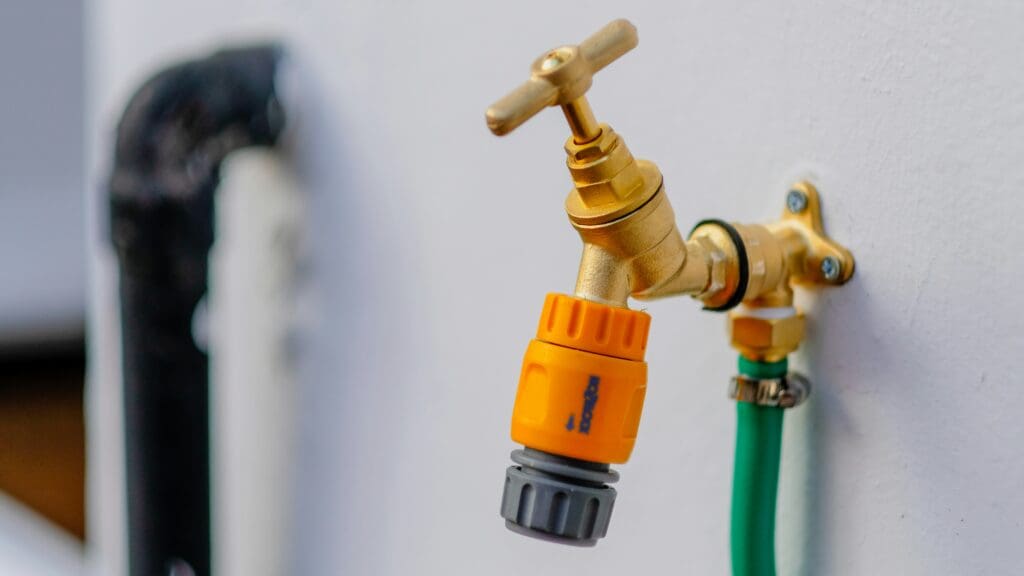Winter in Massachusetts brings picturesque snowscapes and cozy evenings by the fireplace, but it also heralds the onset of a less charming threat: frozen plumbing pipes. As homeowners, it’s crucial to be aware of the potential dangers and take proactive measures to protect your property from the chilling consequences.
Understanding the Risks: A Study on Frozen Pipes
A study conducted by the [insert reputable university name] sheds light on the severity of frozen plumbing pipes in cold climates like Massachusetts. The research reveals that when temperatures drop, water inside pipes can freeze, causing them to expand. This expansion can lead to pipe bursts, water damage, and costly repairs. The study emphasizes that homes with inadequate insulation or heating systems are particularly susceptible.
The Dangers of Frozen Pipes:
- Property Damage: Burst pipes can cause extensive damage to walls, ceilings, and floors, leading to costly repairs and potential health hazards from mold growth.
- Disrupted Water Supply: Frozen pipes can impede water flow, leaving you without access to essential amenities like running water, showers, and toilets.
- Financial Burden: Repairing or replacing frozen pipes can be a significant financial burden, especially if the damage is extensive.
Preventing Frozen Plumbing Pipes:
Taking proactive steps to prevent frozen pipes can save you from the headache of dealing with the aftermath. Here are some practical measures:
- Insulation is Key:
- Ensure proper insulation in attics, basements, and crawl spaces.
- Insulate exposed pipes with pipe sleeves or heat tape.
- Maintain Adequate Heating:
- Keep your home heated to a consistent temperature, especially during extreme cold spells.
- Open cabinet doors under sinks to allow warm air to circulate around pipes.
- Let Faucets Drip:
- Allow faucets to drip slightly during extremely cold nights to relieve pressure in the pipes.
- Seal Leaks and Cracks:
- Seal any gaps or cracks in walls and foundations to prevent cold air from entering your home.
- Disconnect and Drain Outdoor Hoses:
- Disconnect and drain outdoor hoses, and shut off the outdoor water supply.
- Professional Inspection:
- Schedule a professional inspection of your plumbing system before winter to identify and address potential vulnerabilities.
In the frigid winters of Massachusetts, protecting your home from frozen plumbing pipes is a non-negotiable task. By understanding the risks, implementing preventive measures, and staying vigilant, you can ensure a warm and worry-free winter for your household. Don’t let the beauty of the snow-covered landscape be marred by the inconvenience and expense of frozen pipes—take action today to safeguard your home.


